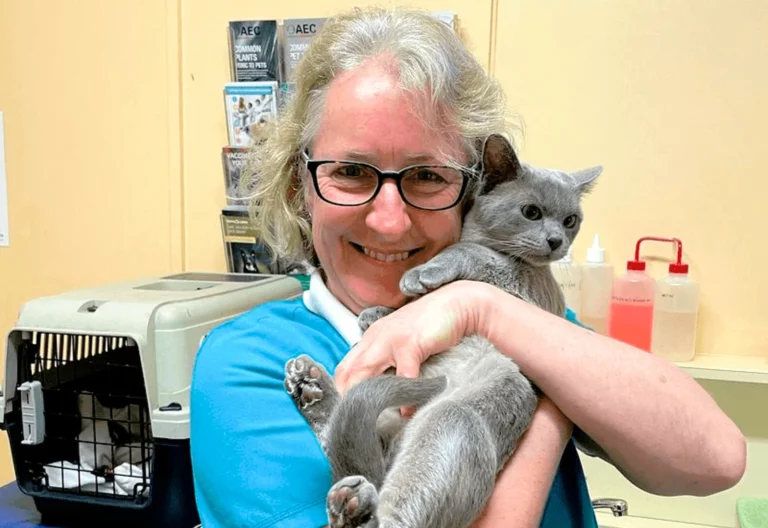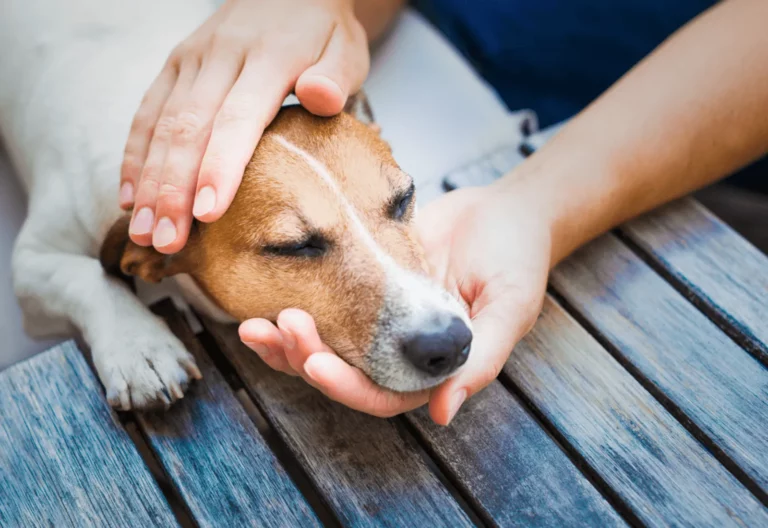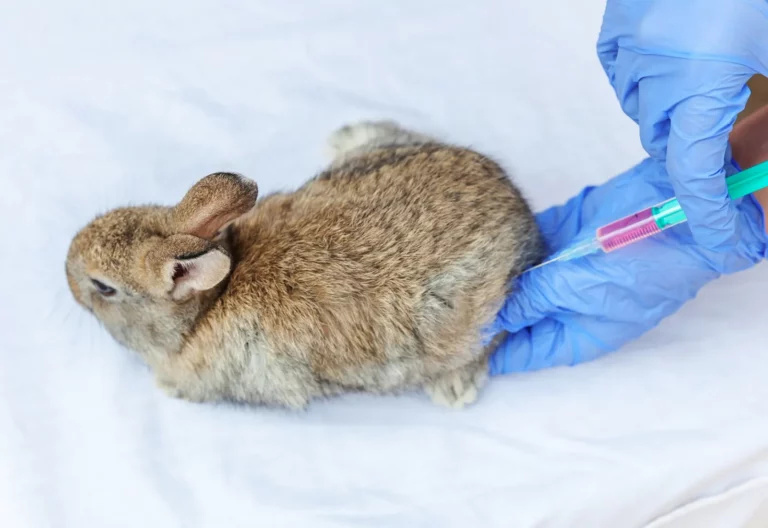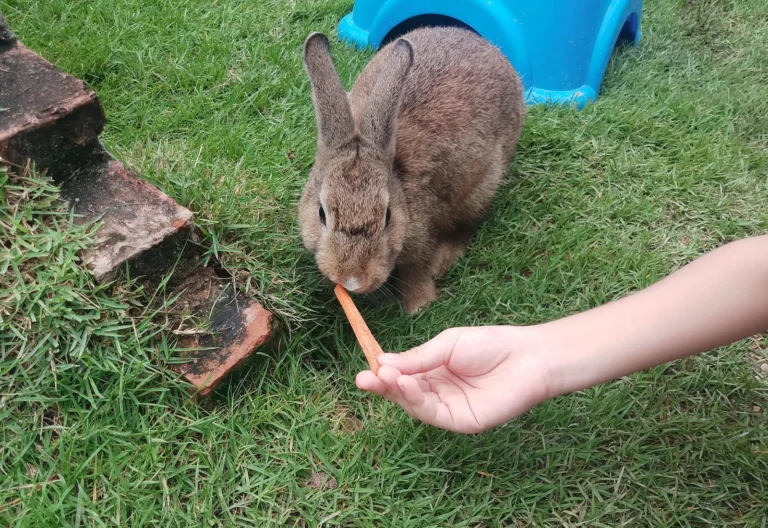
Caring For Your Pets In Summer
While most cats and dogs are quite efficient at cooling themselves down, when the summer weather warms up, they can become vulnerable to overheating.
See our holiday trading hours and emergency contacts.

While most cats and dogs are quite efficient at cooling themselves down, when the summer weather warms up, they can become vulnerable to overheating.

Read our five practical steps to remove the overwhelm and ensure a stress-free vet visit for your cat.

Finding lumps and bumps on your cat or dog can be very worrying as a pet owner. While they are more common in older pets, younger animals can also develop different growths on their skin. Most lumps we see in the clinic are harmless, however, they can also be an indication of an infection or more serious health issue. Early detection of anything sinister is important for effective removal and treatment. What causes my pet to get lumps and bumps? There are many reasons for your pet to have a growth on their skin, including: When should you get lumps and bumps checked by a vet? It’s important to get any growths checked by a vet if: Even if your pet doesn’t meet the above criteria and you are worried about the growth you have found, we can always give

Vaccinations for pets are important to ensure they live a fulfilling life without preventable disease or illness. We can vaccinate rabbits to protect against Calicivirus. Myxomatosis vaccination is unavailable for use in Australia, therefore we recommend insect control, mosquito netting the rabbit’s cage and keeping them inside to avoid mosquitos. CalicivirusOutbreaks of this disease are often seen in summer due to the higher volume of mosquitos. Rabbit Calicivirus Disease (also known as Rabbit Haemorrhagic Disease Virus) is a life-threatening disease which can affect a rabbit within 12-18 hours of infection. It has a high mortality rate and nearly all rabbits die from the disease once infected. When to vaccinateKittensKittens require frequent boosters given their developing immune system. Adult rabbitsYearly adult vaccination boosters coinciding with an annual health check. We will send you yearly reminders to keep the booster shots up

Rabbits are herbivores and need a varied, balanced diet full of nutrients. They require a large amount of fibre and even have a specialised digestive tract to process it. Staple Diet In the wild, rabbits eat everything from grass and flowers to fruit and even chew on bark and branches. A mixture of hay and vegetables is a good way to mimic this nutritional diet for your domestic pet. Try to offer a variety of vegetables, scraps and off cuts are fine, leafy greens are a particular favourite. But don’t overdo it on the lettuce, as this can cause diarrhoea. About 250 grams of vegetables per day for every kilo of bodyweight should keep your rabbit healthy and happy. Rabbits tend to pick out what they like. Always remember to give your rabbit access to fresh water 24 hours a day, just make sure